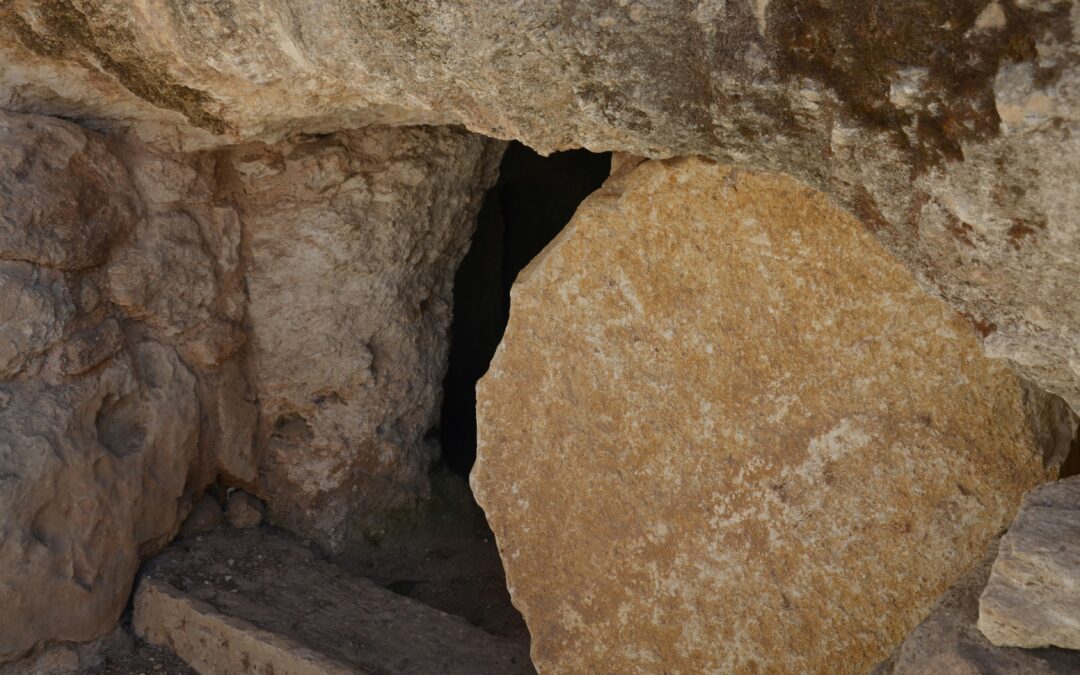A 17 year old high school senior, the day after my partner and I won the tournament for the largest debate camp in the country, I woke to no fans outside my bedroom window, no keys to the city, not even a mention in our ultra-local newspaper. Although the world had changed to me, as I cleaned the pool and packed boxes at my summer job I was keenly aware the world did not know it.
Each gospel includes a slightly different detail about Easter Monday, the day after the resurrection. Matthew recounts the spread of the soldiers’ false testimony that disciples stole Jesus’ body. In Luke, Jesus rebukes the disciples’ turmoil and doubt; in Mark’s addendum, their disbelief and stubbornness. John is more specific, adding Thomas’ skepticism. After the resurrection, the most important and transformative event of human history, there is deception, turmoil, stubbornness, and downright skepticism. Death is dethroned, but the world—including what will be the church—has a hard time seeing it.
Easter Monday’s lesson outlives that day. Although Jesus brings resolution to the disciples’ failures, the lapsed world’s vestiges resurface promptly, including among believers. Not long after Pentecost’s powerful outpouring, in the first and only church to that date, Ananias and Sapphira’s deception culminates in their death, and deep-seated political divisions erupt in a controversy about widows.
To the disciples on Easter Monday, Jesus brings truth, peace, faithfulness, even evidence; and they receive it. But most importantly, to them and every believer since, he gives his Spirit, “the guarantee of our inheritance until we acquire possession of it”—not because we have already arrived at our promised perfection, but because we have not. Peter tells Ananias and Sapphira they have offended the Spirit; the new church leaders who will reconcile Hebraic and Hellenistic believers when the church is failing to live up to its obligation to needy widows must be filled with the Spirit. They have to feed the widows, clean the pool, fill the boxes; but more importantly they have to walk in the Spirit.
The day after Jesus rose should remind us how much we depend on the Spirit to follow him, and how much the world depends on the Spirit in us to see his resurrection.
This week, may the Spirit change us as much as we know the resurrection has changed history.

